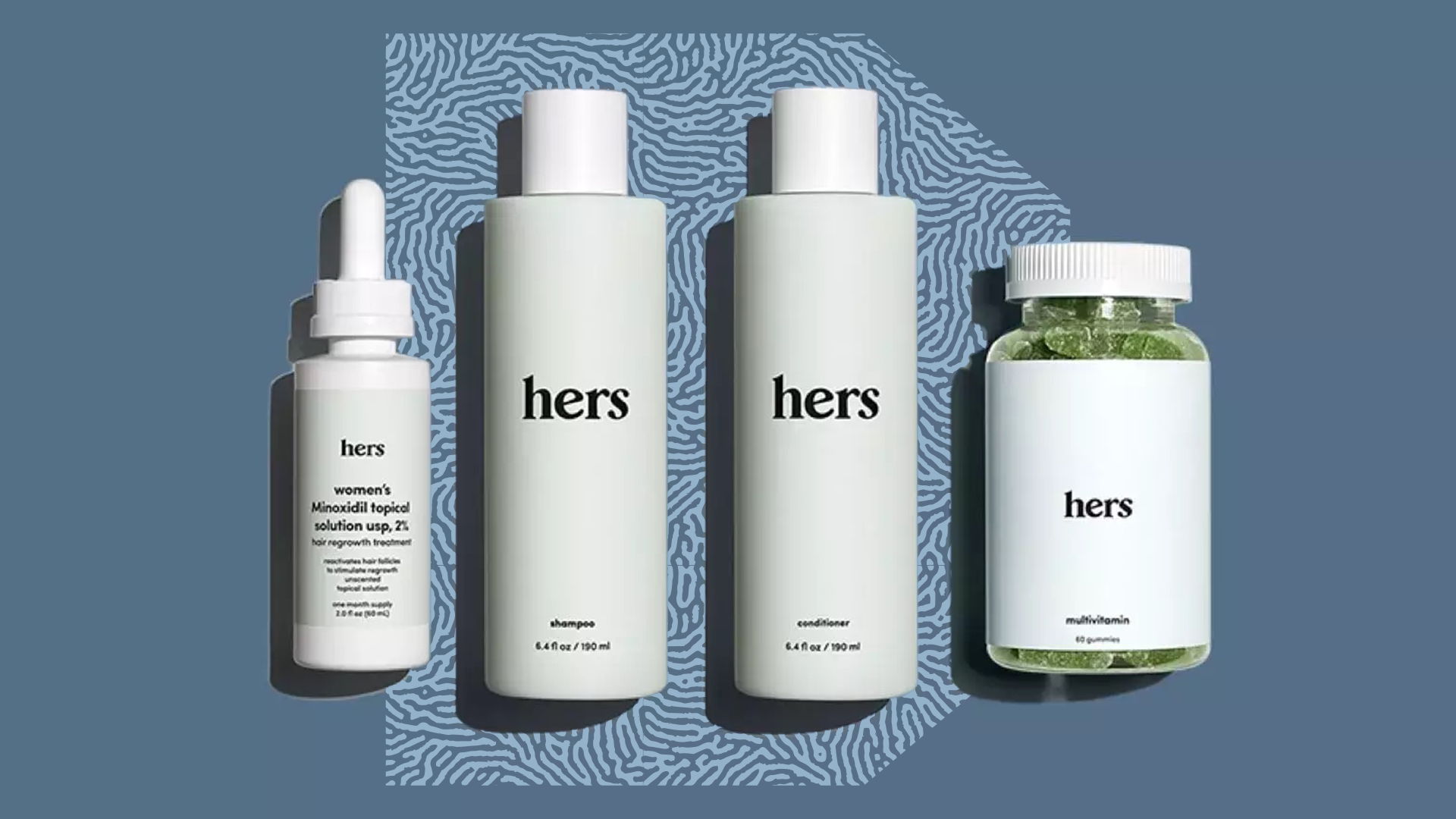THIS IS IT! DIELINE Awards 2026 Late Entry Deadline Ends Feb 28


With Roe v. Wade, the banning of contraceptives in Kabul and Mazar-i-Sharif, and the recent bills seeking to ban gender studies and limit trans pronouns in Florida, there is no room for complacency when it comes to women’s rights. That’s why International Women’s Day, March 8th, is still so important.
But as brands rush to capitalize on the modern woman, they can fall into the trap of fem-washing—designing stereotypical products with no nuanced awareness or tangible care for the female audience. Opting to “pink it and shrink it” is no longer cute.
So, we asked some of the design world’s most inspiring voices to embrace equity and celebrate the brands who refuse to take the lazy road. From vibrators and Selena Gomez to anti-Mother’s Day campaigns and binary-breaching beauty, here are a few brands getting it oh-so-right.
Get unlimited access to latest industry news, 27,000+ articles and case studies.
Have an account? Sign in